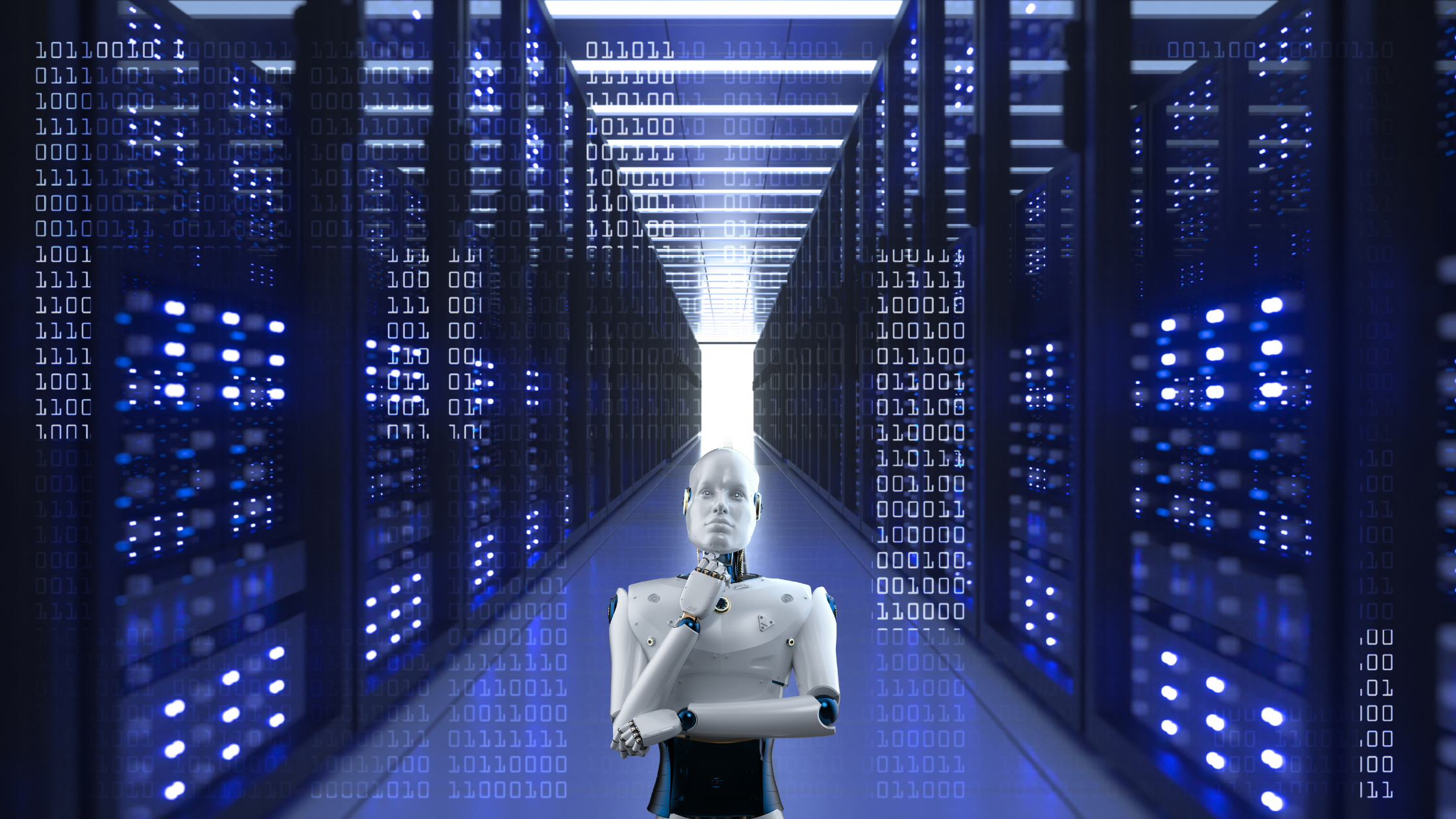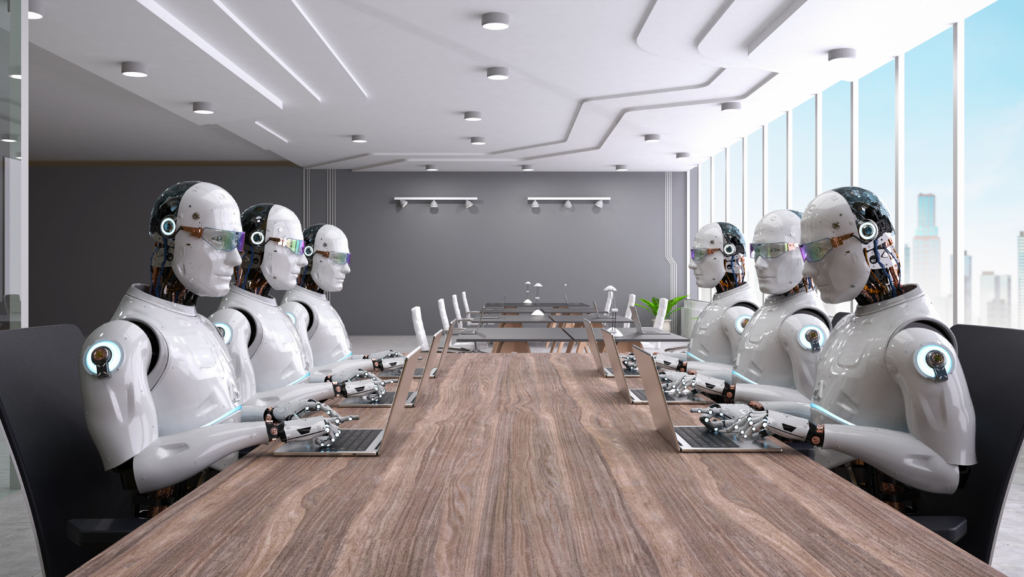September 24, 2023

AI Impact On Real Estate
Artificial Intelligence (AI) is increasingly collecting attention in the media and news outlets. A growing number of individuals are contemplating the potential implications of this technological advancement on both their businesses and personal lives. In this blog, we will delve into the evolving landscape of the real estate industry and various other facets of our daily existence impacted by AI.
Similar to any aspect of life, artificial intelligence (AI) comes with a range of advantages and disadvantages. Here's a list of some of the key pros and cons:

Positives
24/7 Availability
AI systems can work round the clock without fatigue, providing continuous service and support.
Automation
AI can automate mundane and repetitive tasks, allowing humans to focus on more creative and complex aspects of their work.
Efficiency
AI can perform tasks at a much faster pace than humans, leading to increased efficiency in various industries.
Data Analysis
AI can process and analyze vast amounts of data, extracting valuable insights and patterns that would be impossible for humans to discern.
Personalization
AI can tailor recommendations and services to individual preferences, improving user experiences in areas like marketing and content delivery.
Accuracy
AI systems can make fewer errors compared to humans, especially in repetitive and data-intensive tasks.

Safety
AI-powered systems can enhance safety in various fields, such as self-driving cars, industrial automation, and cybersecurity.
Medical Advances
AI can assist in early disease detection, drug discovery, and personalized medicine, potentially saving lives and improving healthcare outcomes.
Accessibility
AI can provide tools and solutions to make technology more accessible to people with disabilities, improving inclusivity.

Negatives
Security Risks
AI can be used for malicious purposes, such as hacking, fake creation, and cyberattacks, posing substantial security threats.
Privacy Concerns
AI systems that collect and analyze personal data raise significant privacy concerns, as they can be exploited or misused.
Job Displacement
Automation by AI can lead to job losses in certain industries, causing economic disruption and unemployment.
Environmental Impact
Training AI models, especially large ones, requires significant computational resources, which can contribute to increased energy consumption and carbon emissions.
Lack of Common Standards
There is a lack of universally accepted standards and regulations governing AI, leading to inconsistency and uncertainty in its development and use.
Transparency and Ownership
AI algorithms can be complex and difficult to interpret, making it challenging to hold them accountable for their actions or decisions.

Cost
Developing and implementing AI systems can be expensive, and the benefits may not always outweigh the costs for certain organizations or industries.
Bias and Fairness
AI algorithms can inherit biases from the data they are trained on, leading to unfair and discriminatory outcomes, particularly in areas like hiring and criminal justice.
Dependence
Overreliance on AI systems may lead to a loss of critical human skills and decision-making capabilities.
So what does all of this AI hype mean for the real estate industry?
Many new ideas and technologies have come along, making some people hesitant to embrace change. Life keeps pushing us to adapt and adjust our lifestyles as circumstances change and society evolves. While AI has made significant disruptions across various industries, it's the passage of time that ultimately drives change. I firmly believe that those who wholeheartedly embrace change with optimism, trusting that it leads to improvement, will reap the full benefits of the opportunities life has to offer.

- Chatbots and virtual assistants powered by AI have replaced many admins due to the immediate responses to customer inquiries. Chatbots also improve customer service and decrease overhead expenses in real estate.
- Buyers and renters are able to explore properties remotely using AI's realistic virtual property tours. This feature eliminate the need for agents needing to be on site for a listing.
- AI algorithms can analyze a vast amount of data to determine property values more accurately. This is useful for both buyers and sellers in understanding fair market prices.
Summary
AI impacts the real estate industry by IMPROVING EFFICIENCY, accuracy, and customer experience, making it an integral part of the modern real estate landscape.
It's important to note that the impact of AI varies depending on its application and how it is implemented. Many of the drawbacks listed here can be mitigated with responsible development, ethical guidelines, and appropriate regulations. Balancing the benefits and risks of AI is a complex challenge that requires careful consideration and ongoing monitoring.
Computers (AI systems) are designed, built and maintained by imperfect people which means it will never completely replace it's creator.
Please do not hesitate to reach out to us if you require any assistance with real estate matters.
Presented by David Bolden



